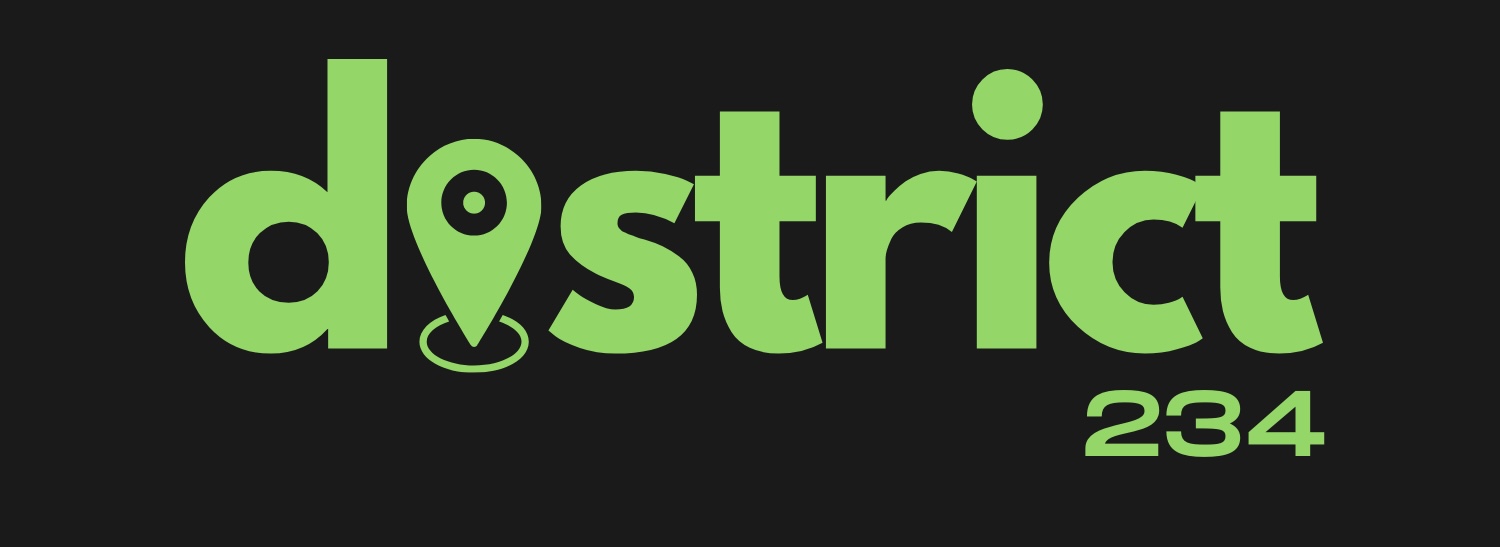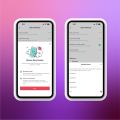The recent fuel price hike and currency crash in Nigeria have had a devastating impact on Nigerians. The price of petrol has more than tripled in the past few months, and the naira has lost over half of its value against the US dollar. This has made it extremely expensive for Nigerians to buy food, transportation, and other essential goods and services, and it has put a major strain on the economy.
On one hand, the fuel price hike has had a significant impact on the cost of transportation. Bus fares have literally doubled, making it harder for people to get to work and school. This has also made it more expensive to transport goods, which has led to higher prices for consumers. On the other hand, the naira crash has made it much more expensive for Nigerians to import goods. This has resulted in shortages of some essential goods, such as rice and cooking oil. The price of rice has increased by twenty per cent since the naira crash, as well as the prices of other imported goods. It is almost impossible for many poor Nigerians to afford them.
As can be imagined, the fuel price hike and the naira crash have had a disproportionate impact on the poor and vulnerable. They are more likely to spend a larger percentage of their income on things like food and transport, and the price increases have made it harder for them to make ends meet. Many Nigerians are struggling to afford basic necessities. Even though the government has announced some plans to provide subsidies to some essential goods and the like, it is unclear how effective these measures will be.
Nigerians are really going through it at the moment, but with the seemingly unbreakable Nigerian spirit, we are definitely going to adapt and overcome. The main thought in the minds of most Nigerians these days is how they can adjust their lifestyles to accommodate these unprecedented hardships, and we have a few suggestions.
Frankly, one of the best ways to cope with the current economic situation is to identify and cut back on unnecessary expenses. This means identifying your non-essential expenses and finding ways to reduce or eliminate them. Some of these common non-essential expenses are eating out, going to the movies, going to bars and clubs, buying expensive new clothes, taking expensive vacations, and so on. If you can cut back on these expenses, you will free up some money that you can use to cover your essential expenses and emergencies.
You also need to find ways to save money. You can look for discounts and coupons, shop around for the best deals, and consider buying in bulk. You can also save money by making lifestyle changes like cooking at home instead of eating out, walking or using a bike to work, carpooling with friends or family, or taking public transportation. You can also try to find a job that is closer to home. An additional tip is to conserve energy. There are many simple ways to conserve energy, such as turning off lights when you leave a room or unplugging appliances when not in use. Cutting back on some unnecessary expenses and finding ways to save money can help you cope with the dire economic situation.
Another thing that is important to consider is finding remote jobs abroad. If you are able to earn in foreign currency, it will help to offset the value of the naira. There are many websites that list remote jobs, such as Upwork and Fiverr. You can also search for remote jobs on LinkedIn or Indeed. Now more than ever, it is of utmost importance to have a second and even a third source of income, whether foreign or local. Since there are very few government programs that can help the average Nigerian acclimatize to this economic situation, you have to watch out for yourself.
The situation in Nigeria is currently dire, but it is important to stay positive during a tough time. Remember that this is just a temporary setback, and you will get through this. I hope this blog post has been helpful. If you have any thoughts, please feel free to leave a comment below.












Leave a Reply